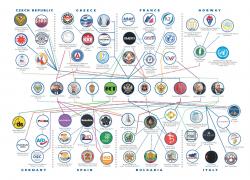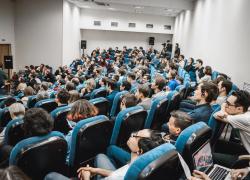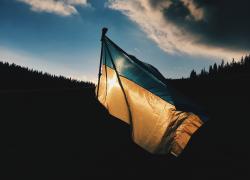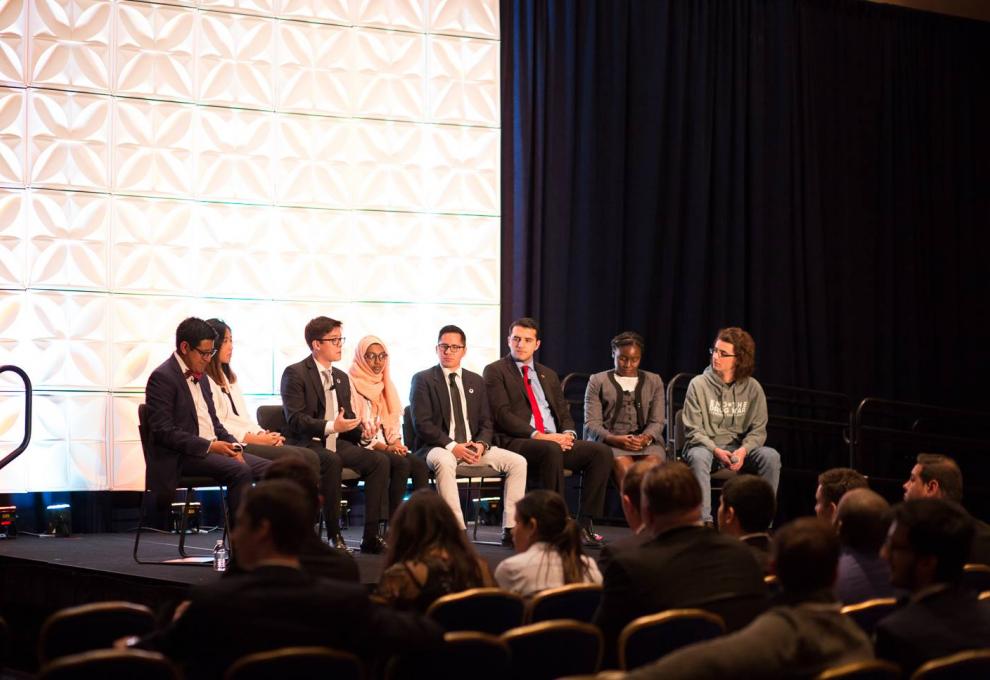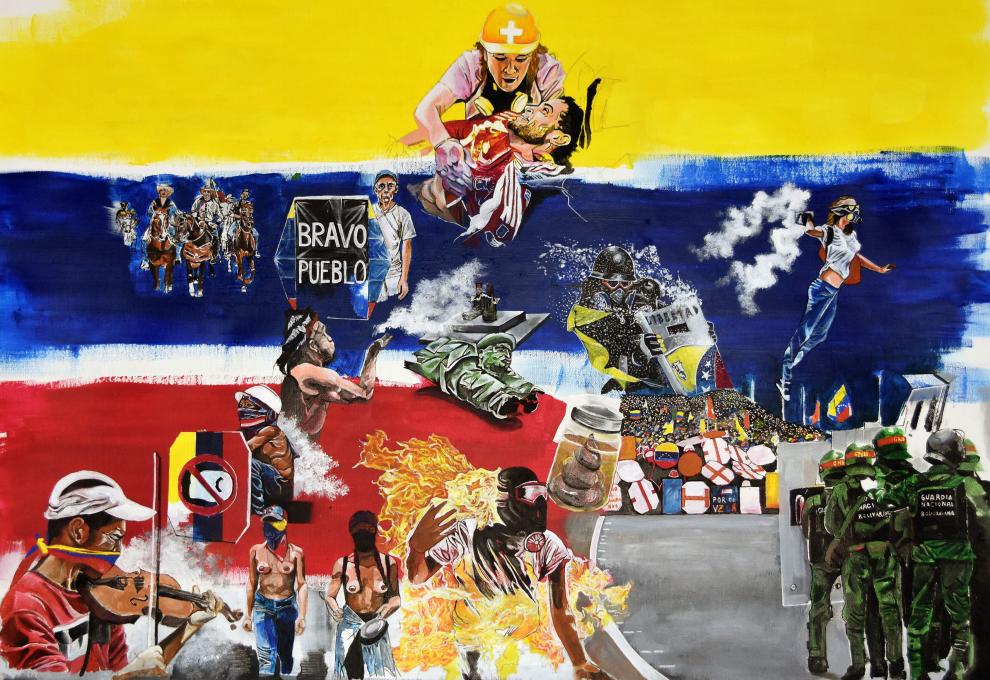Saving Nature through Travel – Safarisource is on a Mission to bring Tourists to Africa
I am an entrepreneurial anthropologist who cannot decide if she loves nature or people more. With this dilemma in mind, three and a half years ago, I founded Safarisource. We are a platform connecting local guides across Africa to international travelers. Safarisource was quickly dubbed the “Airbnb for Safaris”. Fast forward a few years and we actually became Airbnb’s supplier of safaris. With Go Afrika, we started a lucrative partnership with German travel veterans. We struggled, we worked night and day. After 2 ½ hard years, we took off, bringing market access to guides and tourism suppliers in all corners of the continent. We organized safaris in more than 30 African countries, from Ghana to Tanzania, to the DRC, to Botswana. Today, we have slimmed our team drastically and only three of these countries are open to tourists. As soon as other countries open up, Safarisource will be there too. We are hopeful, we are open for business. We need you to travel to Africa. For the sake of nature, humanity and widening your horizon. Let me explain why.
A dark cloud started forming over our heads in 2019, when “Flygskam” – Flying Shame, became a mainstream word in the Nordic countries (and Swedes, notorious for the herd mentality, flew less that year). The Greta-Doctrine maintains that we ruin our planet when we fly. Nothing could be less true. I spammed dozens of media outlets, from left to right, about this but it “didn’t fit the narrative”. Even the most pro-market news sites blissfully ignored what we in Africa (and other emerging regions dependent on tourism) knew was coming if people were to fly less.
The global population is expanding quickly, in Africa it manifests in a massive pushback on protected land. In South East Asia it shows in deforestation and in over-fishing with the help of explosives. You kill a lot of fish with a bomb. You also destroy coral reefs. Tourists like to snorkel around coral reefs. These won’t be there if tourists don’t come back soon. If you have a growing family to feed and no tourism income, you drop that bomb and you bring those fish to table.
Meanwhile, in rural Africa, rapid population growth is pushing farmers to utilize more land to grow crops, pastoralists to let more cattle herd on wider expanses of land. This leads to what conservationists call “human-wildlife conflict” a topic I devoted parts of my doctoral dissertation to. Human wildlife conflict is much more than Chinese fueled poaching (FYI, the only reason we are all in this mess today is because of Chinese demand for trafficked pangolins). Human wildlife conflict is when you have a maize field behind your home and an elephant comes and tramples on your maize. When there is not enough tourism income to incentivize you to protect that elephant, you kill it. Your community is growing. Anthropologists would say that the elephant was encroaching on your community, conservationists would say that you were encroaching on the elephants. Either way, the elephant is dead because the tourists stopped coming. The same goes for the leopard that comes into your kraal at night if you are a pastoralist, and kills your favorite cow. When the tourists were coming, you’d get together with the elders and debate what you should do with this leopard. The elders would probably tell you to leave it be, because Mpairo and Sululu are both working at the lodge across the hill. Now the lodge is closed and the $500 cow is dead. You want to send your oldest daughter to secondary school. You spear the leopard. You buy new cows which need more grazing grounds, because you cannot rely on tourism.
Hundreds of millions of people live directly or indirectly from tourism in Africa. It is a labor intense industry and a vehicle out of poverty. Africans need tourists. Without tourism, we destroy our nature, our economies collapse, and chaos follows.
Slowly, African countries are opening up to receiving tourists again. Africa has handled this crisis better than any other continent. Despite all the early cries that Africa would be worst affected, that we would be devastated. What is devastating for us are the economic effects of the lockdown. We have already dealt with a series of epidemics and we have systems in place that the West never had. We have “armies” of testers going through cities and villages. Except for the Eastern and Western Cape in South Africa (the worst affected region in Africa), our climate is mostly warm, which also seems to be keeping the virus at bay.
Hotels, lodges and tented camps have all adopted rigorous safety measures for their reopening. Tourism is not a mass-affair in Africa, unlike destinations in Southern Europe or Mexico. When Covid hits a Spanish holiday resort, before you know it, you’re dealing with hundreds of cases. This will not happen in African tourism. Most lodges only take up to 20 guests. Our operations are small-scale, which lowers the risk of mass-spreading. Vehicles are often open, most safaris we organize are completely private, it’s just you and your guide. Going forward, Africa will be an ideal destination for low-risk, independent travel, the kind that has the power to transform the lives of the people you meet. Widen your cultural horizon and let nature teach you a thing or two about what a wonderous planet we live on.
By Jessika Nilsson
Dr. Jessika Nilsson is the founder of www.safarisource.com, as company she started with her brother Max and the Maasai elder and naturalist, Loserian Laizer. She grew up in Tanzania and now lives in Cape Town, South Africa. She wrote her PhD thesis in anthropology on mobility and technology in Maasailand.





